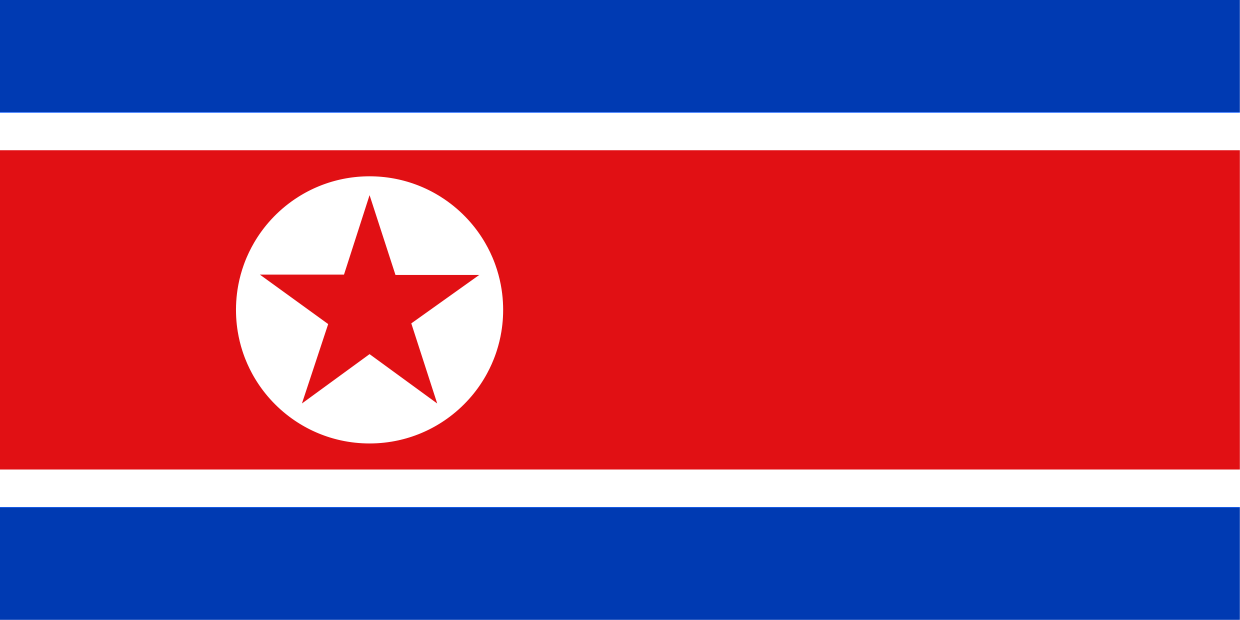The history of North Korea, officially known as the Democratic People's Republic of Korea (DPRK), is a complex and tumultuous one. The land now known as North Korea has been inhabited for thousands of years, with the Korean people developing a distinct culture and identity over time.
In the late 19th and early 20th centuries, Korea was under the control of Imperial Japan. However, after Japan's defeat in World War II in 1945, the Korean Peninsula was divided into two, with the Soviet-backed North becoming the Democratic People's Republic of Korea and the US-backed South becoming the Republic of Korea.
The division of the peninsula was not intended to be permanent, and both the Soviet Union and the United States agreed to hold elections to determine the future of the peninsula. However, these elections were never held, and the two Koreas became increasingly hostile towards each other.
In the years following the division of the peninsula, North Korea, under the leadership of its founder, Kim Il-sung, developed into a communist state modeled after the Soviet Union. Kim Il-sung implemented a series of policies aimed at industrializing and collectivizing the country, and also established a cult of personality around himself.
In the 1950s, North Korea attempted to unify the peninsula by force, leading to the outbreak of the Korean War. The war ended in 1953 with an armistice, but a formal peace treaty was never signed, and the two Koreas remain technically at war to this day.
Following the Korean War, North Korea experienced a period of economic growth and prosperity, but this was short-lived. In the 1960s and 1970s, the country's economy began to stagnate, and a series of natural disasters and economic mismanagement led to widespread famine and poverty.
In 1994, Kim Il-sung died, and was succeeded by his son, Kim Jong-il. Under Kim Jong-il, North Korea's economy continued to decline, and the country became increasingly isolated from the international community.
In recent years, North Korea has become known for its nuclear weapons program and its aggressive rhetoric towards the United States and South Korea. The country's leader, Kim Jong-un, who succeeded his father in 2011, has continued to pursue nuclear weapons and missile development, despite international sanctions and condemnation.
The history of North Korea is marked by the country's isolation from the international community, its political repression and its economic struggles. However, despite these difficulties, the North Korean people have managed to maintain their unique culture and identity.
In recent years, there has been some movement towards denuclearization and diplomacy between North Korea and other countries, but the future of the country remains uncertain. The history of North Korea is a reminder of the complex and ever-changing nature of international politics, and the importance of continued efforts towards peace and understanding.




0 Comments